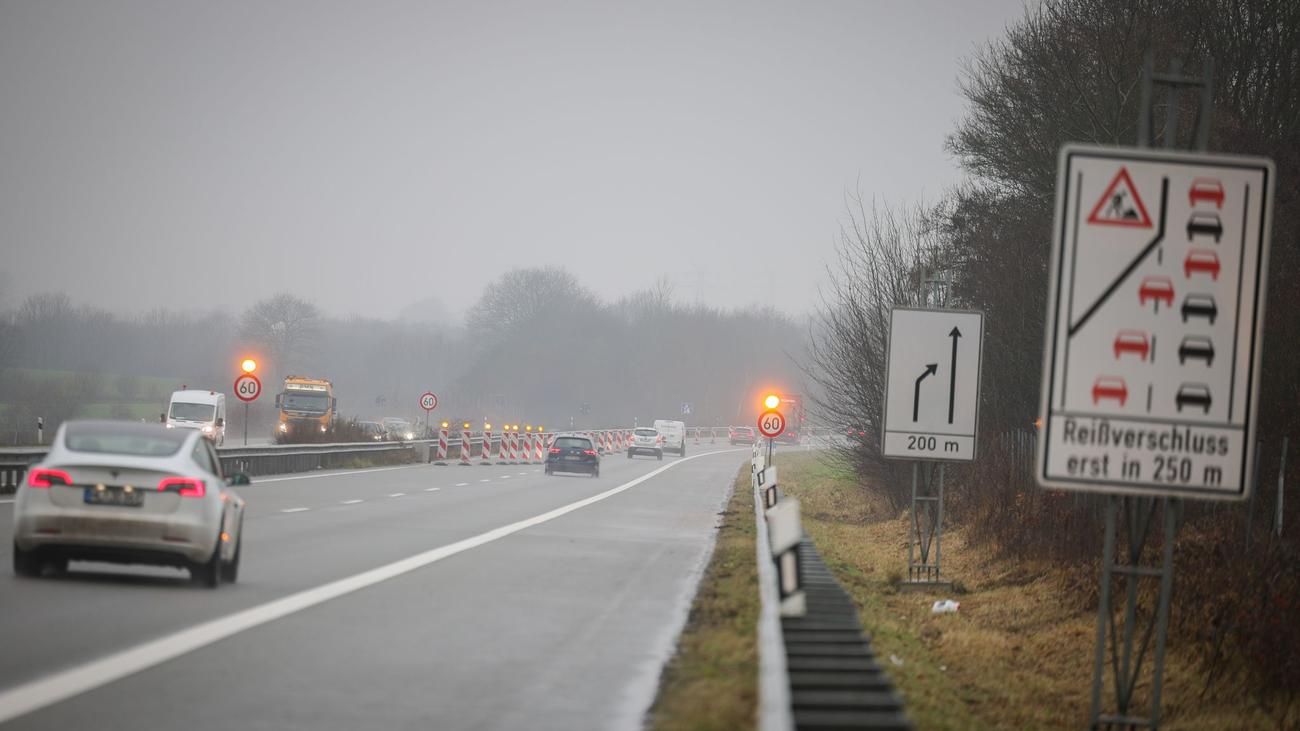Environmental Concerns Halt A20 Autobahn Project? A Deep Dive into the Dispute
The planned expansion of the A20 Autobahn in Germany has hit a major snag, with environmental concerns bringing the project to a grinding halt. This high-profile case highlights the increasing tension between infrastructure development and environmental protection, raising critical questions about balancing economic growth with ecological sustainability. This article delves into the specifics of the dispute, examining the arguments on both sides and exploring the potential implications for future infrastructure projects.
The Core of the Controversy: Protecting the Greifswald Bay
The A20 Autobahn expansion, specifically the planned section across the Greifswald Bay, faces fierce opposition from environmental groups and local communities. Their primary concern centers on the potential ecological damage to the bay, a vital habitat for numerous protected species and a significant part of Germany's natural heritage.
Key Environmental Concerns:
- Habitat Destruction: The construction of a new road and accompanying infrastructure could directly destroy vital habitats for birds, fish, and other wildlife.
- Water Pollution: Construction activities pose a considerable risk of polluting the bay's waters, impacting the delicate ecosystem.
- Increased Traffic and Noise Pollution: The increased traffic flow resulting from the new road section could significantly increase noise and air pollution, negatively affecting both wildlife and local residents.
- Impact on Biodiversity: The disruption of the natural landscape could have long-term consequences on the biodiversity of the Greifswald Bay and surrounding areas.
The Economic Arguments for the A20 Expansion
Proponents of the A20 expansion argue that the project is essential for economic development in the region, particularly improving transportation links and boosting regional trade. They highlight the potential benefits:
- Improved Regional Connectivity: The expansion aims to improve transport links between the eastern and western parts of Germany, leading to faster and more efficient transportation of goods and people.
- Economic Growth: Supporters believe the improved infrastructure will attract new businesses and create jobs, stimulating economic growth in the region.
- Reduced Transportation Costs: Faster and more efficient transportation networks can lead to lower transportation costs for businesses, making them more competitive.
Finding a Balance: Navigating the Environmental vs. Economic Debate
The A20 Autobahn project epitomizes the complex challenge of balancing economic progress with environmental protection. Finding a solution that addresses both concerns requires careful consideration of various factors:
Potential Solutions and Mitigation Strategies:
- Alternative Route Assessment: A thorough reassessment of alternative routes that minimize environmental impact is crucial.
- Environmental Impact Assessment (EIA): A comprehensive and transparent EIA is needed to fully understand and mitigate the potential environmental consequences.
- Technological Advancements: Exploring and implementing environmentally friendly construction techniques and mitigation strategies can reduce the project's ecological footprint.
- Public Consultation and Engagement: Open and transparent public consultation is vital to ensure that all stakeholders have their voices heard.
The Future of Infrastructure Projects in Germany: Lessons from the A20
The A20 Autobahn dispute serves as a cautionary tale and a valuable learning experience for future infrastructure projects in Germany and beyond. It underscores the need for a more holistic approach to development, integrating environmental considerations from the very beginning of the planning process. Moving forward, sustainable infrastructure development that prioritizes environmental protection and minimizes ecological damage will be paramount. The debate surrounding the A20 highlights the necessity for a more robust and transparent decision-making process, ensuring that economic progress doesn't come at the unacceptable cost of environmental devastation.
Further Reading: [Link to a relevant German environmental agency website] [Link to a news article on similar projects]
Call to Action: What are your thoughts on balancing economic development and environmental protection in infrastructure projects? Share your perspective in the comments below.
